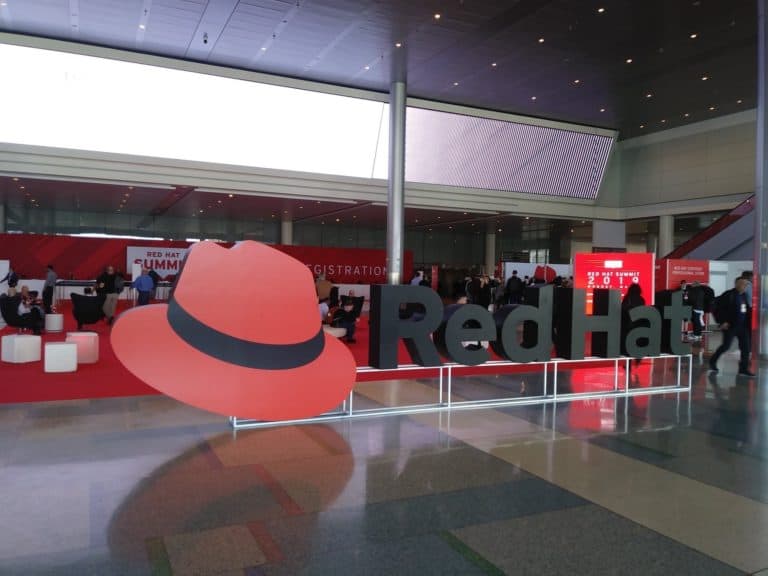Red Hat has released the new version of Red Hat Enterprise Linux (RHEL). Version 7.7 comes with built-in support for the hybrid and multicold.
RHEL 7.7 was already made available as a beta version in June this year, but is now generally available, writes ZDNet. This version supports the latest generation of enterprise hardware.
It also solves the ZombieLoad vulnerabilities. These vulnerabilities are related to errors found in Intel chips. Due to the vulnerabilities, it is possible to steal company data.
Furthermore, RHEL 7.7 includes improvements for network stack performance. This version allows virtual switching operations to be offloaded to network interface card-hardware. This means that network performance in the cloud and on container platforms will be improved if virtual switching and network function virtualization are used.
Red Hat Insights
With version 7.7, users can now use Red Hat Insights, the company’s predictive troubleshooter. Red Hat Insights uses a Software-as-a-Service based, predictive analytics approach to identify, assess and resolve potential problems before they occur.
For developers there is a Python 3.6 interpeter, as well as pip and setup tools. Python 3 versions were previously only available as part of Red Hat Software Collections.
In the cloud, RHEL 7.7 now supports Red Hat Image Builder. This feature allows you to easily create your own RHEL system images for cloud and virtualization platforms.
RHEL 8
RHEL 7.7 now goes to Maintenance Phase 1 within RHEL’s ten-year life cycle. That means that future, smaller releases revolve around security and stability. New features will appear in RHEL 8, which was presented in May.
RHEL 8 focuses on the specific needs of companies and organizations that do a lot of DevOps. It also helps businesses to more easily develop, manage and move workloads and operational tasks from the edge, the on-premise data center, to (multi)cloud environments.
RHEL 8 should also help to further develop and implement innovation and technology strategies.
This news article was automatically translated from Dutch to give Techzine.eu a head start. All news articles after September 1, 2019 are written in native English and NOT translated. All our background stories are written in native English as well. For more information read our launch article.